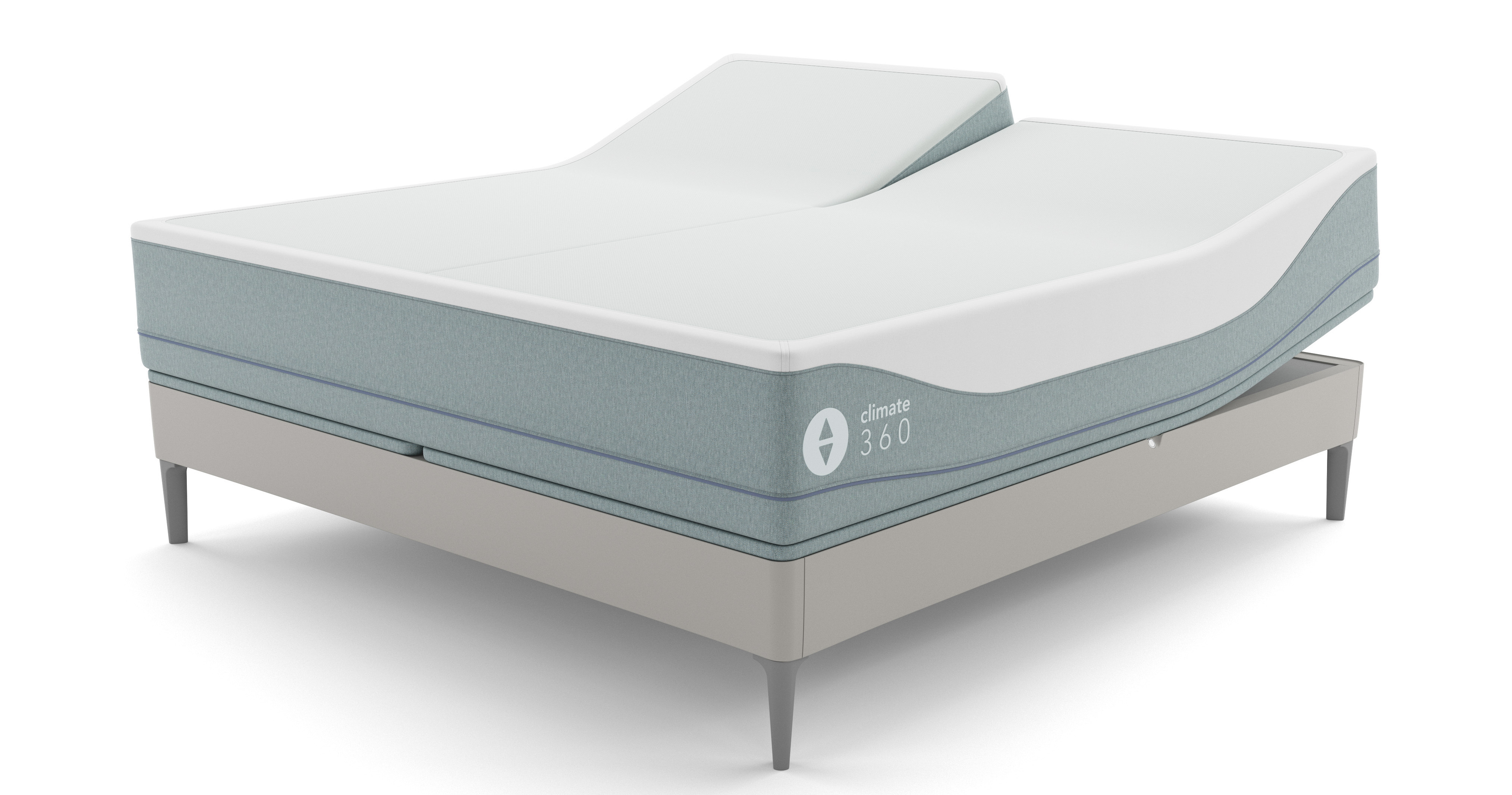This story is part of our continuing coverage of CES 2020, including tech and gadgets from the showroom floor.
To get a better night’s sleep in 2020, Sleep Number debuted a new smart bed at CES this week that is sure to lull even insomniacs to sleep by controlling the bed’s temperature.
The Climate360 Smart Bed creates microclimates on each side of the bed and can be adjusted based on someone’s needs. If one person prefers to fall asleep cold while the other prefers to be warm and cozy, this bed can make each side its own temperature. The bed can provide up to 12 degrees of cooling and can warm up to 100 degrees Fahrenheit.

The bed also works with our natural sleep cycle by warming up the bed at first to help people fall asleep faster and then cooling it down throughout the night to keep people asleep. Sleep Number said in its press release that the bed was tested with more than 700 million sleep sessions.
“Sleep Number is making significant advancements to address the global sleep crisis that is affecting the health of millions. With more than 700 million sleep sessions of data and research, our digital health platform is linking quality sleep to individualized wellness, and our 360 smart beds are delivering proven higher quality sleep,” said Shelly Ibach, President and CEO of Sleep Number, in the press release.
The bed was able to capture the attention of CES, as the Climate360 Smart Bed received the Best of Innovation Award for the smart home category this year.
Sleep Number said that 81% of people have temperature issues when they sleep and that the new bed is up to 50% more breathable, so you won’t wake up sweaty in the middle of the night.
As with other 360 Smart Bed models, the Climate360 can also adjust its firmness, and also features head and foot adjustability, which has been proven to help those who snore.
Even though it made its debut this week, the Climate360 Smart Bed won’t be on the market until 2021. Sleep Number said that it would retail for $7,999.
Follow our live blog for more CES news and announcements.
Editors' Recommendations
- Sleep Number’s New 360 Smart Bed monitors and improves sleep health as you age
- Don’t sweat rising electric bills: Smart bed covers keep you cool and save money
- Royole’s smart speaker has a cool wraparound display, but is it worth the price?
- Rock-a-bye baby: The Adiva One is a smart bed that literally rocks you to sleep
- Eight Sleep Pod Review: This smart bed is designed for couples




